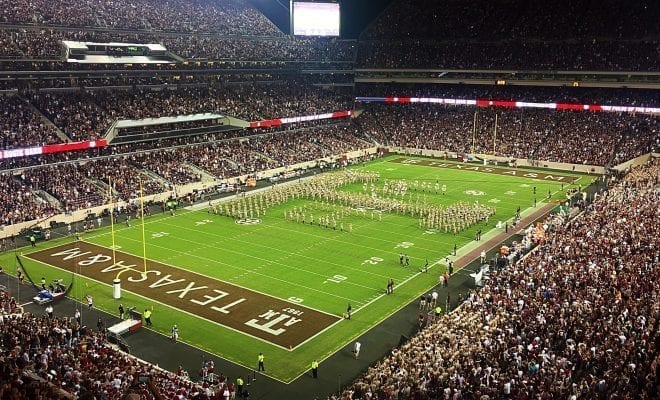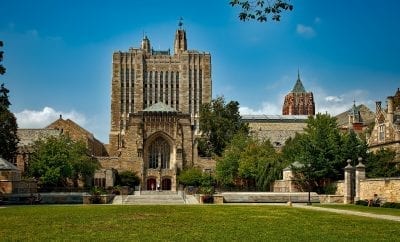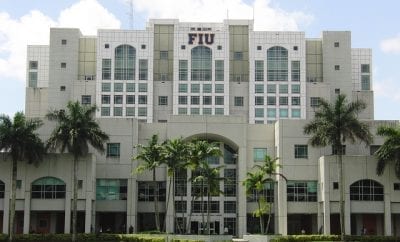
News
California Will Allow NCAA Athletes To Profit Off Endorsements
Earlier this week, Gov. Gavin Newsom signed bill SB 206 into law, allowing for college athletes to profit off their name and likeness. Dubbed the Fair Pay to Play Act, the law is the first of its kind in the country, allowing players to participate in something the NCAA currently outlaws. The bill will go into effect in 2023, upon which all athletes from California’s 58 NCAA member institutions will be able to sign a sponsorship or an endorsement deal.
The law has already received aggressive push-back from the NCAA who is threatening to ban California schools from the post-season competition, including the NCAA Tournament. In a released statement, the NCAA acknowledged that changes need to be made in terms of supporting student-athletes, but warned: “This new law already is creating confusion for current and future student-athletes, coaches, administrators, campuses, and not just in California.”
While the NCAA has been highly vocal in its opposition to the law, its threats of banning California schools from postseason play may not have the proper leverage behind it. Doing so could threaten broadcasting and advertising agreements, as well as completely crippling the Pac-12.
Other states are also looking to implement a similar law, with South Carolina and New York proposing laws that are actually more aggressive than the Fair Pay to Play Act. Florida, Washington, and Colorado are also in talks of proposing legislation, and several federal lawmakers and presidential candidates announcing their support as well. If more states pass similar legislation, any leverage the NCAA thinks it has is squashed, and they will be forced to negotiate on a broader scale.
The notion of college athletes getting paid for their participation in various sports has been a contested topic for years now. The NCAA makes more than $1 billion a year, but student-athletes receive nothing for their role in such a valuable industry. Some argue that since many of these athletes are attending university on a scholarship, they are not entitled to compensation. The fact remains that somebody out there is profiting off the value of student-athletes labor, and many believe this is a case of gross injustice.
While the law won’t take effect until 2023, we are likely near a time where this debate will finally produce action on both sides of the argument. The NCAA is on the clock, and with other states looking to join the likes of California, the days of student-athletes not receiving fair compensation could be coming to a close.





0 comments